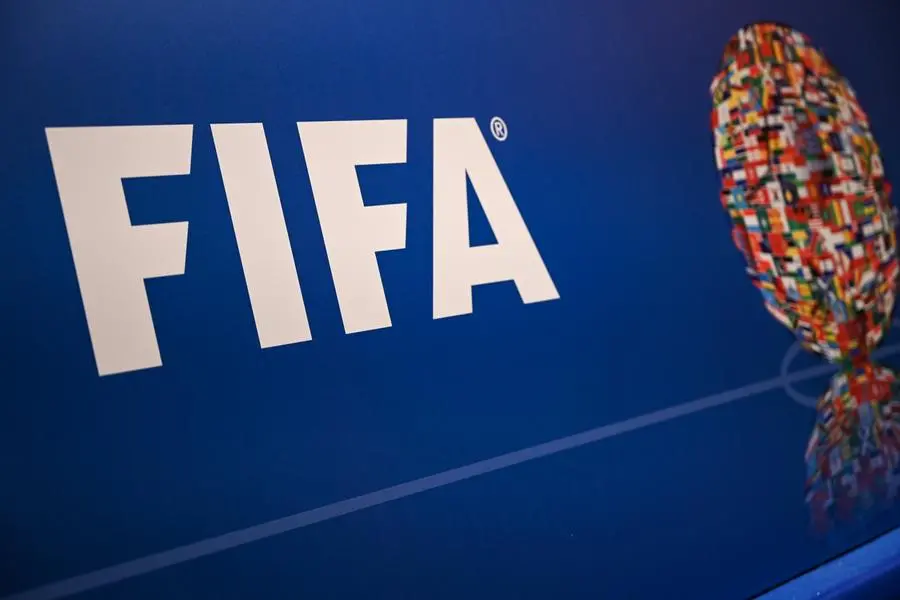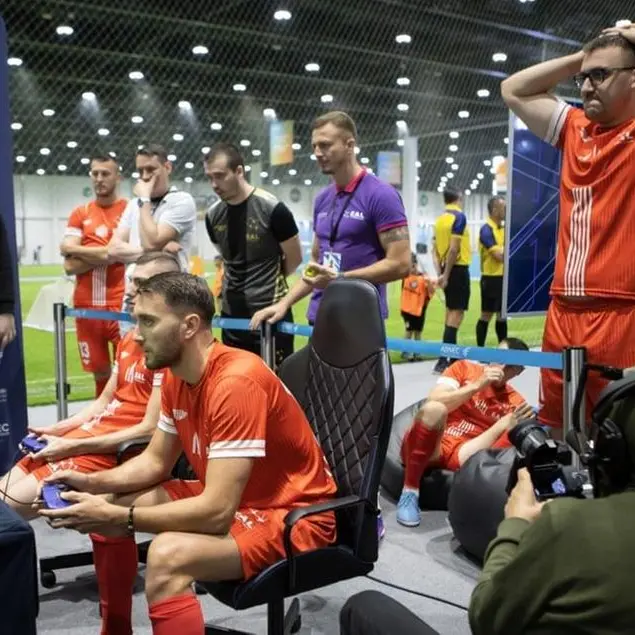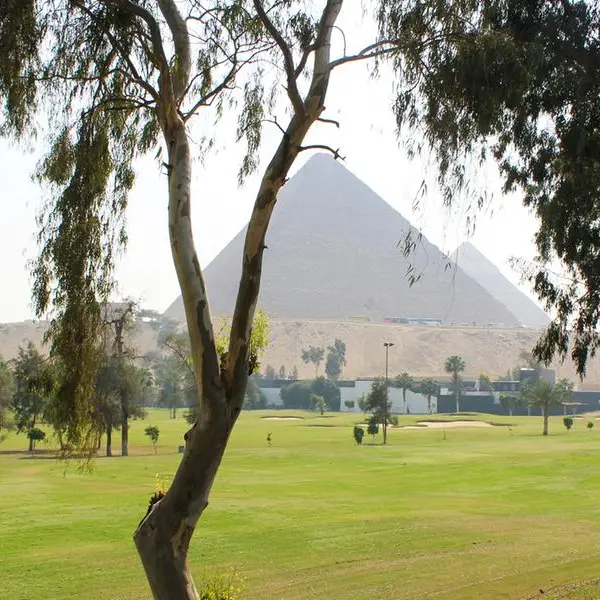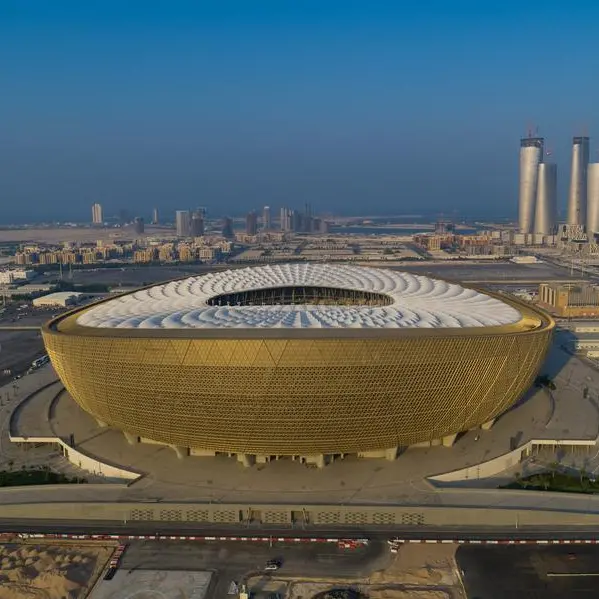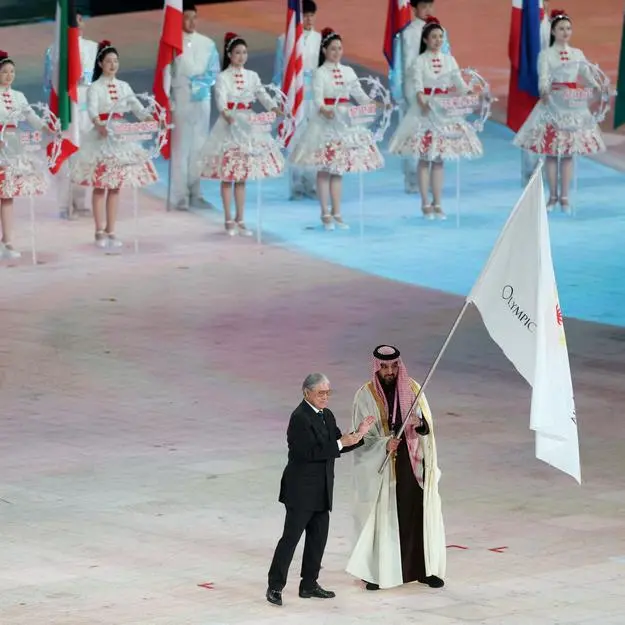PHOTO
Qatar will host the next three editions of the FIFA Arab Cup in 2025, 2029 and 2033.
This was announced in the FIFA Council that met ahead of the 74th FIFA Congress in Bangkok where several key decisions were taken.
“At the request of the Qatar Football Association, Qatar will host the tournament in 2025, 2029 and 2033, which will follow the principle of an invitational competition not included in the international match calendar,” said FIFA in its statement.
Qatar has also been confirmed as the hosts of the upcoming five FIFA U-17 World Cup which will run from 2025-2029. QFA had expressed interest in hosting the event under the umbrella of FIFA and the Arab Federation out of the Arab region’s need for such tournaments, in addition to the availability of success factors and integrated infrastructure to host tournaments in Qatar.
Qatar enjoys a prominent global position in organising sporting events and tournaments, the most prominent of which were the FIFA World Cup Qatar 2022 in which 32 teams participated, the Asian Cup Qatar 2023 in January and February 2024, and the U-23 AFC Asian Cup.
FIFA had announced that Qatar will host five editions of the FIFA U-17 World Cup from 2025 to 2029, with the participation of 48 team for the first time in its history.
Qatar has an integrated sport infrastructure with a modern transportation network to smoothly facilitate the arrival of fans and attendance of matches, enabling fans to attend more than one match per day.
The first edition of the Women’s Club World Cup has been also proposed to start during January-February 2026 and the 16-team tournament will be held every four years.
FIFA President Gianni Infantino in May 2021 revealed their plans to introduce the Women’s Club World Cup as part of a plan to “revolutionise” the female game.
The Women’s Club World Cup would likely allow top European teams from the UEFA Women’s Champions League to face clubs from the United States’ National Women’s Soccer League, as well as sides from countries where the women’s game is less developed.
FIFA also approved a new calendar with a focus on providing more opportunities for rest and recovery for players and coaches.
“The women’s international match calendar and the subsequent amendments to our regulations represent an important milestone in our pledge to take the women’s game to the next level by enhancing competitiveness across the world,” Infantino said.
In addition, the FIFA Council formally appointed Mattias Grafstrom as the FIFA Secretary-General, having been nominated on an interim basis in October last year.
“Football is my passion since I was born. I started playing it as a child and worked in football all my life at all different levels. There are therefore no words to express my feelings as I accept with pride and with a great sense of responsibility, the biggest challenge of my professional life,” Grafstrom said.
© Gulf Times Newspaper 2022 Provided by SyndiGate Media Inc. (Syndigate.info).This was announced in the FIFA Council that met ahead of the 74th FIFA Congress in Bangkok where several key decisions were taken.
“At the request of the Qatar Football Association, Qatar will host the tournament in 2025, 2029 and 2033, which will follow the principle of an invitational competition not included in the international match calendar,” said FIFA in its statement.
Qatar has also been confirmed as the hosts of the upcoming five FIFA U-17 World Cup which will run from 2025-2029. QFA had expressed interest in hosting the event under the umbrella of FIFA and the Arab Federation out of the Arab region’s need for such tournaments, in addition to the availability of success factors and integrated infrastructure to host tournaments in Qatar.
Qatar enjoys a prominent global position in organising sporting events and tournaments, the most prominent of which were the FIFA World Cup Qatar 2022 in which 32 teams participated, the Asian Cup Qatar 2023 in January and February 2024, and the U-23 AFC Asian Cup.
FIFA had announced that Qatar will host five editions of the FIFA U-17 World Cup from 2025 to 2029, with the participation of 48 team for the first time in its history.
Qatar has an integrated sport infrastructure with a modern transportation network to smoothly facilitate the arrival of fans and attendance of matches, enabling fans to attend more than one match per day.
The first edition of the Women’s Club World Cup has been also proposed to start during January-February 2026 and the 16-team tournament will be held every four years.
FIFA President Gianni Infantino in May 2021 revealed their plans to introduce the Women’s Club World Cup as part of a plan to “revolutionise” the female game.
The Women’s Club World Cup would likely allow top European teams from the UEFA Women’s Champions League to face clubs from the United States’ National Women’s Soccer League, as well as sides from countries where the women’s game is less developed.
FIFA also approved a new calendar with a focus on providing more opportunities for rest and recovery for players and coaches.
“The women’s international match calendar and the subsequent amendments to our regulations represent an important milestone in our pledge to take the women’s game to the next level by enhancing competitiveness across the world,” Infantino said.
In addition, the FIFA Council formally appointed Mattias Grafstrom as the FIFA Secretary-General, having been nominated on an interim basis in October last year.
“Football is my passion since I was born. I started playing it as a child and worked in football all my life at all different levels. There are therefore no words to express my feelings as I accept with pride and with a great sense of responsibility, the biggest challenge of my professional life,” Grafstrom said.
